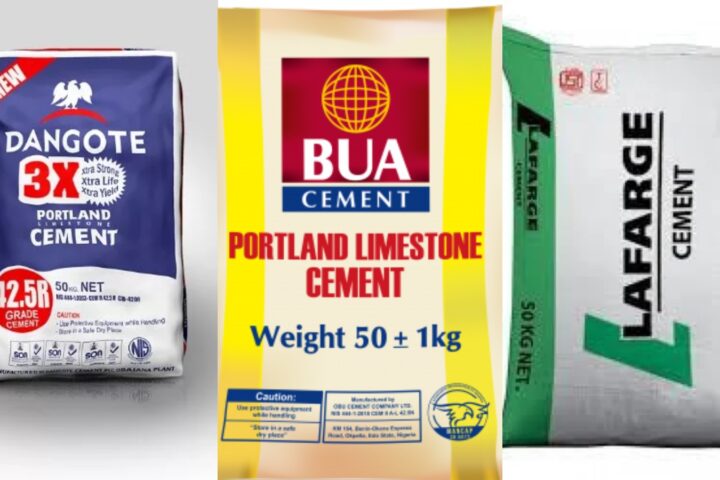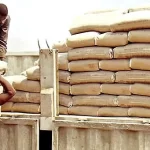In a resolute stance against the recent decision by cement manufacturers and the Federal Government to set the price of cement between N7,000 and N8,000 per bag, developers and housing firms have adamantly rejected the proposal.
Terming the proposed price as detrimental to the growth of the sector, industry leaders argue that such a move would exacerbate the existing housing deficit rather than alleviate it.
Join our WhatsApp ChannelDr. Aliyu Wamakko, the President of the Real Estate Developers Association of Nigeria, expressed his concerns, stating, “I do not think that is good for the economy of this country because cement constitutes the primary product for any building construction to be done.”
Wamakko’s sentiments were echoed by Toye Eniola, the Executive Secretary of the Association of Housing Corporation in Nigeria, who criticized the suggested price hike. “What is fair in N7,000 to 8,000 when BUA promised us a slash from over N5,500 to N3,500 per bag of cement?” Eniola questioned.
READ ALSO:Cement Manufacturers Agree To Slash Prices To ₦7,000, ₦8,000 Per Bag
The sentiment reverberated further with Sola Enitan, the Chief Executive Officer of Cromwell Professional Services International Ltd, who described the reduction as insufficient, asserting, “The manufacturers may think they are saving people money, but it is all nonsense as far as I am concerned.”
Jide Odusolu, the CEO of Octo5 Holdings, expressed skepticism over the earlier promise by BUA Cement to reduce prices, stating, “BUA made audio promises, I would like to see who or where they supplied cement at N3,500 per bag – we never got it and we tried!”
In response to the mounting criticism, Segun Ajayi-Kadir, the Director-General of the Manufacturers Association of Nigeria (MAN), cautioned against governmental intervention to clamp down on cement manufacturers. Ajayi-Kadir emphasized the need to address the escalating operational costs faced by manufacturers rather than resorting to punitive measures.
Dele Oye, the National President of the Nigerian Association of Chambers of Commerce, Industry, Mines, and Agriculture, attributed the spike in cement prices to the lingering forex crisis. Oye underscored the necessity for a robust economic policy aimed at stabilizing the exchange rate to mitigate inflationary pressures.
As the debate rages on, stakeholders emphasize the imperative of a holistic approach to address the underlying issues plaguing the cement industry, emphasizing the need for sustainable solutions that foster economic growth and development.
Emmanuel Ochayi is a journalist. He is a graduate of the University of Lagos, School of first choice and the nations pride. Emmanuel is keen on exploring writing angles in different areas, including Business, climate change, politics, Education, and others.

















Follow Us